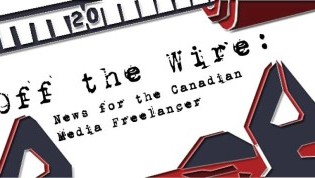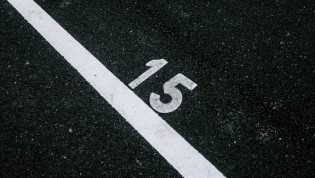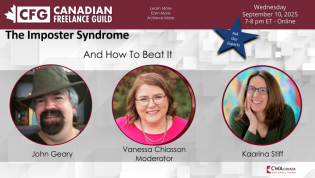By Sandra Phinney
A few years ago my freelance business was in a shambles. Due to a combination of circumstances (two hip replacements, too many travel gigs, a prolonged bout of pneumonia, and a mountain of volunteer work) my income had taken a nosedive. I was derailed, and in a spin.
So I hired a business coach, Ella McQuinn, to help me get back on track. We met in person for two hours the first session; subsequent sessions were by phone. Before we met, Ella dished out some homework via email. She asked, “What do you want out of the coaching session—what would success look like? Imagine you at your greatest over the coming months. How would that look?”
I had to write down my responses and send them to her.
To get things started, Ella mapped out some specifics for me to think about, which included these prompts:
- ideal writing clients (existing and potential)
- ideal billing rates/revenue model, and target for each of the next three years
- describe a ‘great’ writing business for you, in detail
- what are your strengths—as a writer and a business owner
- what are the major obstacles in front of you right now (when you describe them, try to get to the root cause, not just the surface manifestations)
- what habits do you have that support a calm, joyful, peaceful you
- what habits hinder a calm, joyful, peaceful you
- who are your allies in your professional and personal life. How do they support you now, how could they support you more in the future
- what are the other important pieces in your life that you want to balance with your professional role
1) determine what you want
2) create multiple action plans/maps to support where you want to be, and
3) celebrate what you have already, and continue to celebrate moving forward.
Sound easy? Not.
The mental workout was tough. Committing things to paper and being accountable to someone was a challenge. But it paid off. My office went from being a pig pen to being a place where I wanted to work. (One of the many obstacles I listed was not being able to find anything in my office.) Bottom line? After we finished the sessions, I felt ten years younger and my bank account fattened up threefold over the next 12 months.
The final challenge was to stay with the process, as outlined above, on an ongoing basis. Much like the “revise and edit” stages of our writing. It’s all part of doing my job.
Have I had some slips? Yup. But I don’t dwell on it or let myself get mired in the muck. It’s “up and at ‘em.” I frequently pull out the file with my notes, review the prompts and do a quick personal inventory of where I am at any given time.
In doing so, it becomes evident how far off track I am and what I need to do about it. It’s all about creating new paths—new and healthier ways of doing things.
By the way, Ella used some of David Allen’s material from Getting Things Done (GTD), which you can download free from his website.
As procrastination had become modus operandi whenever I faced growing anxiety about both my financial state and my confidence as a writer, his GTD Weekly Review, as well as his Workflow Processing & Organizing chart, proved to be useful tools. Check ‘em out.
Lessons learned?
- Habits can be changed.
- Reviewing our goals, challenges, obstacles, strengths etc. on a regular basis a good thing to do. (Note: the word “regular” is critical.)
Search
Recent Posts





